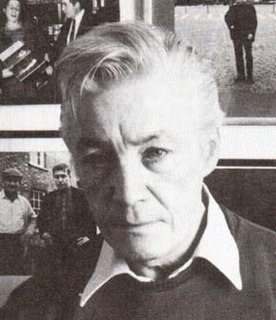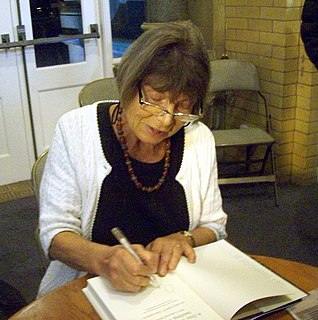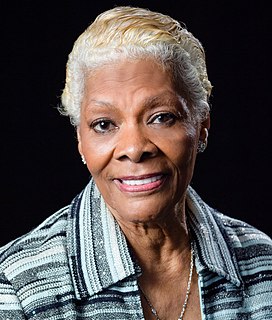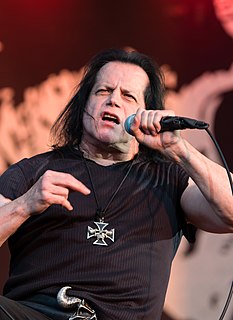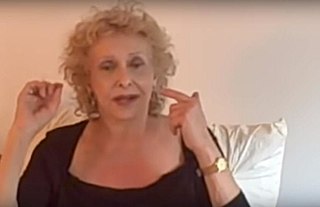A Quote by Jeffrey Bernard
I have been commissioned to write an autobiography and I would be grateful to any of your readers who could tell me what I was doing between 1960 and 1974.
Related Quotes
The question is grateful to who? You would think grateful to Allah, but Allah didn’t mention Himself. So it could be grateful to Allah, grateful to your parents, grateful to your teachers, grateful for your health, grateful to friends. Grateful to anyone who’s done anything for you. Grateful to your employer for giving you a job. Appreciative. Grateful is not just an act of saying Alhamdulilah. Grateful is an attitude, it’s a lifestyle, it’s a way of thinking. You’re constantly grateful.
I'm feeling really grateful. I'm feeling grateful that I've been able to participate in this game for as long as I have. I'm feeling grateful that I've been able to tell my stories. I don't know that my mom and dad are that grateful, or Carey [Hart, Pink's husband], but it's been good for me. I'm grateful if I've kept one girl from feeling different or ugly or unempowered.
I had just been doing graffiti around New York and this real estate investor guy had walked through meat packing in New York and saw some of my graffiti. He was impressed and asked if I sold canvases. I really had not made any canvases of my graffiti work yet, but told him I could make one for him. He then commissioned me to make ten paintings and put on my first art show. Between the sold out show and the cops chasing after me it created a lot of media and I've been doing really well since then.
What really annoys me are the ones who write to say, I am doing your book for my final examinations and could you please tell me what the meaning of it is. I find it just so staggering--that you're supposed to explain the meaning of your book to some total stranger! If I knew what the meanings of my books were, I wouldn't have bothered to write them.
Not to any really influential effect, but certainly there have been comments that have surprised me. It's surprising sometimes to get particular perspectives on your work, and it's enlightening sometimes to know that non-writers and readers out there have certain assumptions about everything that I both want to keep in mind and want to forget about why I write, and about the connection between me as a private person and the stuff that I think about on the page.
Al Gore wanted to tell people what they could listen to and what they couldn't, what they could record. It was basically coming down to the idea that he wouldn't let anybody record any music that he didn't think you should be doing. There was going to be an organization that would tell you what you could and couldn't record.
When I get about five readers I can rub together in one genre, I leave that genre and go somewhere else. And this is due to a vow that I made myself when I started writing - that if I had any success at all, I would not be bound to one form of writing. That I would write what moves me. The only way I can see me surviving and doing more than one book is to present the readers with a Dan Simmons novel, with whatever tropes and protocols from whatever genre I want to borrow them. If that builds a Dan Simmons readership, well then, okay. Otherwise, forget about it. I'd rather drive a truck.
My teachers always said, "You're very talented, but don't set your heart on art. You're only a girl." I was inspired by Virginia Woolf in 1960, but they wouldn't let me write about her. They said she was a trivializer. I also wanted to do a paper on Simone de Beauvoir, and my philosophy teacher said, "Why would you write about the mistress? Write about the master." That was Sartre.
